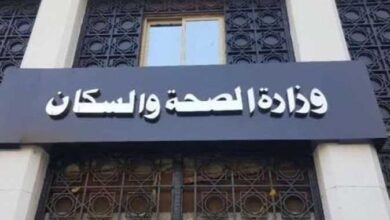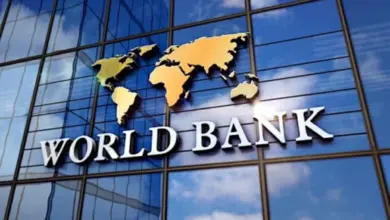Egypt’s Ministry of Finance announced on Thursday that the first half of the fiscal year 2019/2020 witnessed a 20 percent increase in spending on the country’s health sector, with spending on education going up by 14 percent, on subsidized commodities by 3.3 percent, and on health insurance programs by 29.3 percent.
LE 80 billion has been funneled to the pensions and insurance sectors, the Ministry said in a statement released on Thursday, adding that the move illustrates the state’s eagerness to promote social and economic development in a way that would reduce the financial burden on citizens.
Meanwhile, the government implemented various new measures for the current fiscal year at a cost of more than LE 65 billion, which included an increase in the minimum comprehensive wage for state employees and pensioners, as well increasing the number of beneficiaries from the “Takaful and Karama” (Solidarity and Dignity) program, a social safety net that the World Bank has called one of “Egypt’s largest investments in human capital development.”
Takaful and Karama are conditional and unconditional cash transfer programs for families in need, the disabled, orphans, and poor elderly citizens. They were launched in 2015 through support from a US$400 million World Bank program, according to a 2018 report from the World Bank.
According to the statement, allocations for electricity subsidies in the 2019/2020 budget amounted to LE 4 billion.
Egypt devalued its currency by 48 percent in 2016, allowing it to float freely, in order to meet a key demand by the IMF and secure a three-year $12 billion loan from the fund. Egypt previously said in 2017 that it would lift energy subsidies over five years as part of the economic reform program (IMF), which included eliminating fuel subsidies.
Wide-scale promotions in the administrative body of the state have been conducted in the first half of fiscal year 2019-2020 as well, the statement said, which has increased employee incomes and thus raised their purchasing power.
In the last few years, Egypt has launched a number of initiatives that aim at “reorienting the country’s health system toward delivering inclusive, equitable and higher quality healthcare,” according to an October 2019 report from The World Bank.
Those initiatives included launching universal health insurance and making improvements to the quality of health care provided in the country’s public hospitals. In 2018, Egypt launched the “100 Million Healthy Lives” initiative, a campaign offering Hepatitis C screenings across the country, including in underdeveloped areas.
Egypt has the highest rate of Hepatitis C infection in the world. The disease first surfaced in the country in the 1950s due to unsafe injections, and the highly-infectious blood-borne virus kills an estimated 40,000 Egyptians a year, with at least one in 10 Egyptians aged 15-59 infected with the disease, according to the World Health Organization.
Hepatitis C patients are five times more likely to fall into poverty, according to The World Bank.
Earlier in December 2019, Health and Population Minister Hala Zayed announced that over one million preparatory school and university students across the country had been screened for Hep. C already under the initiative.
In January, she announced that 4.16 million Egyptian women have undergone free medical examinations under the 100 Million Healthy Lives Initiative as well so far. The program, in addition to Hep. C screenings, includes breast cancer screenings, efforts to raise awareness about family planning and reproductive health, and screenings for risk factors associated with common noncommunicable diseases, such as obesity, high blood pressure, and sugar levels – factors that account for over 90 percent of deaths in the country and 67 percent of premature deaths, according to The World Bank.
The World Bank’s support for 100 Million Healthy Lives is a part of the US$530 million Transforming Egypt’s Healthcare System Project, which was launched in 2018 with the aim of developing the country’s healthcare system and building human capital.
Edited translation from Al-Masry Al-Youm



